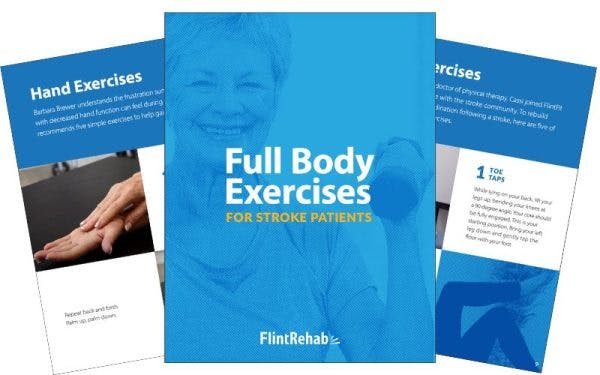For stroke survivors, the road to recovery can feel uncertain, especially when living with other health challenges like type 2 diabetes and obesity. But new research offers hope: two widely used diabetes medications, semaglutide (Ozempic, Wegovy) and tirzepatide (Mounjaro, Zepbound), may do more than just manage blood sugar. They could also help protect the brain and reduce your risk of future strokes.
The Connection Between Stroke, Diabetes, and Obesity
If you’ve had a stroke and also live with diabetes or obesity, you’re not without risk. These conditions increase inflammation, damage blood vessels, and disrupt metabolism in ways that can lead to future strokes or even cognitive decline over time.
In fact:
- Obesity and excessive weight gain are the leading risk factors for developing type 2 diabetes.
- People with diabetes are twice as likely to have a stroke.
- Obesity and diabetes both increase the risk of developing dementia.
- Stroke survivors with diabetes often face slower recovery, poorer outcomes, and higher recurrence rates.
So, anything that can reduce stroke recurrence and protect the brain is worth attention.
What This New Study Found Between Semaglutide (Ozempic, Wegovy), Tirzepatide (Mounjaro, Zepbound), and Stroke Risk
A new cohort study published July 2025 in JAMA Network Open followed over 60,000 adults with both type 2 diabetes and obesity. Researchers compared those taking semaglutide or tirzepatide to others using different diabetes medications.
Here’s what they discovered:
- Those on semaglutide or tirzepatide had a:
- 37% lower risk of developing dementia
- 19% lower risk of having a stroke
- 30% lower risk of dying from any cause
That’s big news, especially for stroke survivors trying to stay ahead of the curve.
Why These Semaglutide or Tirzepatide Might Help Prevent Stroke
Semaglutide and tirzepatide belong to a class of drugs called GLP-1 receptor agonists. They are widely used among those with type 2 diabetes, and may also be prescribed for individuals managing both type 1 diabetes and obesity.
Originally created to help manage blood sugar, these drugs have become famous for supporting weight loss. But researchers are now discovering they might also protect the brain by:
- Reducing inflammation in the brain
- Improving blood vessel function
- Lowering oxidative stress
- Possibly slowing down the brain changes seen in Alzheimer’s disease
In animal studies, these medications have been shown to protect neurons, the cells responsible for memory and movement. That could explain the lower dementia risk seen in humans.
What It Means for Stroke Survivors
If you’re a stroke survivor with diabetes or obesity, this research might give you a new reason to talk to your doctor. These medications may offer:
- Protection against future strokes
- Better brain health over time
- A longer, healthier life
And the benefits seem to be strongest in:
- People over 60
- Women
- Those with a BMI between 30–40
These are all groups that face a higher baseline risk of dementia and stroke recurrence.
What About Parkinson’s or Brain Bleeds?
Interestingly, the study did not find a lower risk of Parkinson’s disease or brain hemorrhages (a type of stroke caused by bleeding). So while the protective effects may be strong for some brain conditions, they’re not universal.
Are These Medications Right for You?
Before making any changes to your treatment plan, consider these key points:
- They’re not for everyone. If you don’t have diabetes or aren’t overweight, these medications aren’t usually prescribed.
- Adverse side effects are possible. Some people experience nausea, stomach upset, or more serious complications.
- Cost and access vary. Insurance coverage and availability may affect your options.
But if you’re a stroke survivor managing type 2 diabetes or obesity, it’s worth having a conversation with your doctor about the potential long-term benefits.
Looking Ahead: Takeaway for Stroke Survivors
We’re still learning just how far these benefits go. More research is underway, including clinical trials looking at semaglutide’s role in preventing Alzheimer’s disease.
But for now, this study suggests something hopeful: medications originally designed for blood sugar and weight may be helping the brain and reducing the chances of another stroke.
If you’ve had a stroke and are managing diabetes or obesity, you may be able to lower your risk of future strokes and dementia with the help of newer medications like semaglutide or tirzepatide.
Talk to your doctor. Ask questions. And keep building a care plan that supports your recovery.
Sources: Lin, H.-T., Tsai, Y.-F., Liao, P.-L., et al. “Neurodegeneration and Stroke After Semaglutide and Tirzepatide in Patients With Diabetes and Obesity.” JAMA Network Open. July 15, 2025.









